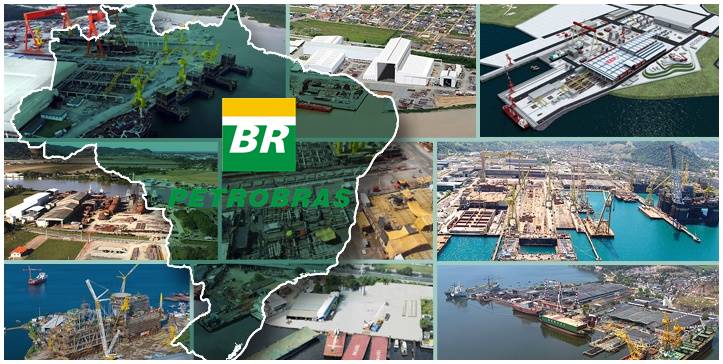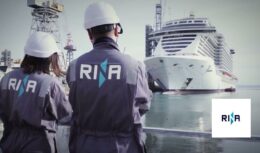
SBM Offshore, Modec and MISC are leading the competition to supply floats for the pre-salt field and proposals will be presented on February 14th, Brazilian shipyards are already being consulted
Three floating companies are emerging as the main competitors, as a consortium led by Petrobras prepares to receive offers for a large FPSO for the pre-salt development in Brazil's Mero-2 field. SBM Offshore, Modec and MISC are practically in a silent war, not only for the large contracts, but for the development milestone that this will represent in the coming years.
A SBM Offshore is looking for a new Brazilian project after a long period behind the scenes due to compliance issues with state-controlled Petrobras. With the ban removed, Petrobras' delays in completing the tender have given the "Dutch player" additional time to follow up on its engineering and logistical preparations, and a highly competitive bid is expected.
SBM is opting to focus on the Mero-2 field to the exclusion of other Petrobras bids due to the higher values demanded in this pre-salt unit, with its high specifications for an ultra-productive field.
However, Japan's Modec is equally determined not to let rivals interrupt its success in Brazil.
Recent contracts for large pre-salt floaters include long-term charters for the Mero-1 and Sépia fields, both expected to come on stream in 2021.
“Modec has a lead in terms of repeatability of the most relevant projects, so perhaps the only question is whether this company is becoming overwhelmed by taking on large contracts in Brazil, along with its entry into Mexico and the last ones (front-end engineering and design ) contracts for the Barossa project in Australia,” says an experienced market source.
Among the bidders, the “outsider” who is putting together an increasingly credible bid for Mero-2 is the MISC, according to sources. The Malaysian group expanded its engineering capacity in Asia and built on previous preparatory work in tenders such as the Búzios-5 float.
Potential partners for the work, such as the supply and integration of topsides modules, include Siemens and Sembcorp Marine. MISC appears to have selected Mero for its first serious foray into Brazil because of the repeatability aspect, and has been working hard on the local content issue, Brazilian sources say.
One fully supports three categories of local content:
- 40% for engineering
- 40% for machinery and equipment;
- 40% for construction, integration and assembly –
- The remainder belongs to the “global” percentage
The global percentage reflects the formula adopted by the consortium led by Petrobras for the Mero-1 float, seeking an exemption from much higher contractual requirements.
However, the waiver of local content was not granted in full and non-compliance with Modec's first contracts could lead to some form of penalty being applied by the ANP.
A softening of the regulatory position on these penalties means that Petrobras wants to compare the total costs of non-compliance, it seems. The arrival of theChief Executive Roberto Castello Branco to Petrobras and its promise to improve capital efficiency, suggests that the state-controlled company's shift away from local content will continue.
Capacity of the Brazilian Naval Industry and Reactivation of Shipyards
However, the ability to handle local content requirements is a factor in any scenario., and bidders have consulted shipyards such as EBR, Techint, BrasFels and Jurong Aracruz.
Petrobras – together with partners Libra, Shell, Total, National Offshore Petroleum Corporation of China (CNOOC) and National Petroleum Corporation of China (CNPC) – has set February 14 as the date for submission of bids.
The Mero-2 unit, which will have a capacity of up to 180 barrels of crude oil and 12 million cubic meters of gas per day, will be chartered for over 22 years.









There is already a language translation app…
Developed countries now need a helping hand…
I've never seen a website publish so much zucchini...
It must be sold to the Australians, nation…
Much better than playing a lot…
Very interesting, but there is so much invasive propaganda…
I would love to, but being released here the vlr would be…
I doubt it will make 45/lts